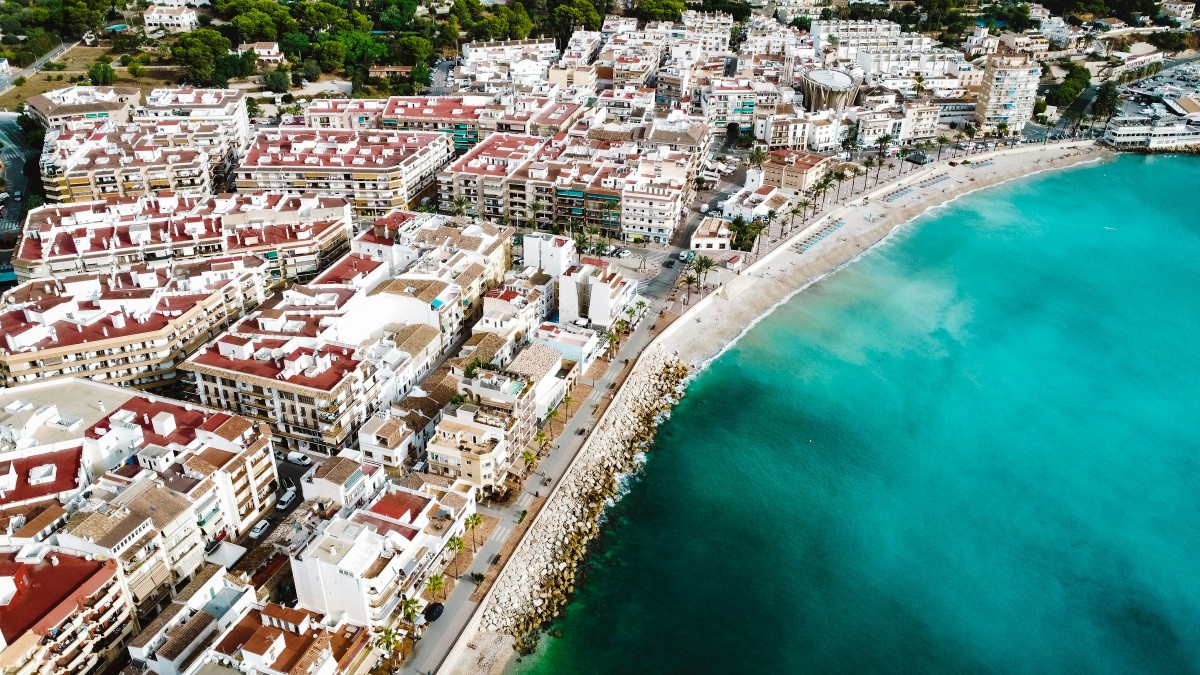
Springtime is upon us. It is again that bright season of the year where flowers and clovers bloom, bees dart around doing whatever it is they do, and real estate agents are busy dusting off glossy house brochures with big smiles on their faces. Scores of buyers will now be booking flights to Spain with a view to acquiring their dream house.
With this in mind, I thought it would be a good idea to write a short amusing article to clue up buyers, so their dream does not turn sour on tripping themselves over in pursuit of their bolthole under the sun.
3 Do’s
Hire a qualified registered lawyer (abogado)
I know, I know. A shameless plug in the first place.
You would never buy a property in the UK or the USA without instructing a conveyancer and yet a surprising number of people choose not to instruct a lawyer or legal representative when buying abroad. If anything, it is even more important to obtain good legal advice when buying overseas as it is highly likely that you will be unfamiliar with many of the key processes.
While it is possible to buy a property in some overseas jurisdictions, including Spain, without having to appoint a lawyer, it would be very unwise to do so. Buying a house is one of the biggest investments most people make in their lifetime. So why take the risk by not obtaining proper legal advice?
Notaries in Spain are not your personal lawyer, and do not look after your interests. The purpose of a notary is to ensure taxes are paid; after all, they are civil servants who work for the government.
A lender does not substitute a lawyer and much less defends your legal interests on taking on a mortgage loan. No, they do not run a due diligence on the title. Lenders make money by granting you loans, they do not act as your personal lawyer.
Only a qualified and registered abogado (solicitor) can give you legal advice in Spain. The golden rule is to always ask a lawyer in Spain for his registration number (número de colegiado).
Ensure the title is clean
You need to verify the property is sold free of charges and debts. In Spain, unlike in other countries, the golden rule is that debts and taxes follow the property, not the taxpayer. Community of owner’s arrears, unpaid taxes (both local and national), administrative debts, planning charges, etc are associated with a property. Your lawyer must ensure you are acquiring a clean title.
Follow the 3 L’s: Look, listen, and liken
Take your time to look around where you picture yourself living. Visit the property during the week and the weekend, by day and by night. Listen to what neighbours and natives have to say about the place. Properties even change from winter to the summer season when bars spring to life with loud music. Compare the pad you fancy with similar properties and areas. If all adds up, go for it.
3 Don’ts
Don’t pay in cash
Would you seriously pay in cash for a home in your home country? So, why do it in Spain? This only benefits the person asking to be paid in cash, it does not benefit the buyer in any way. When you come to sell the property later on, you will be hit by a massive capital gains tax bill. Under-declaring, besides being illegal, is stupid; don’t be a muppet.
Don’t be pressurised to sign on the dotted line
The never-ending sun, the sweltering heat, the cool sea breeze, the dramatic beach sunset with a mojito and a saxo playing, the attractive soft-spoken agent gently cooing into your ear promises of capital appreciation; all these things play tricks on our minds and make us lose the plot when we get off a plane in Spain. Unlike timeshare, there is no 10-day cool-off period when you buy property in Spain. Holding deposits are normally non-refundable (unless your lawyer words it). If you wouldn’t rush ahead and sign on the dotted line in your home country, don’t do it in Spain. Focus, breath in and take your time to commit before you sign any binding document giving away your life’s savings. Don’t let the big city lights dazzle you, you will be spoilt for choice. It's a buyer's market.
Don’t cut corners
Don’t try to outsmart locals by cutting corners; it is a one-way ticket into a world of pain. If you follow set procedures in your home country, why skip them in Spain? In Spain there is a lot of red tape, you simply need to follow it or hire someone - such as a lawyer - to help you streamline it and help you wade the admin minefield safely.
At Larrain Nesbitt Abogados (LNA) we have over 22 years of experience specializing in taxation, and property conveyance. We also assist clients with immigration & residency visas and inheritance procedures (probate). You can contact us by e-mail at info@larrainnesbitt.com, by telephone on our UK line (+44) 0754 3838 218 or Spanish line (+34) 952 19 22 88, or by completing our contact form.
Please note the information provided in this article is of general interest only and is not to be construed or intended as substitute for professional legal advice. This article may be posted freely in websites or other social media so long as the author is duly credited. Plagiarizing, whether in whole or in part, this article without crediting the author may result in criminal prosecution. Ní neart go cur le chéile. Voluntas omnia vincit.
Larraín Nesbitt Abogados, small on fees, BIG on service.
2025© Raymundo Larraín Nesbitt. All Rights Reserved.